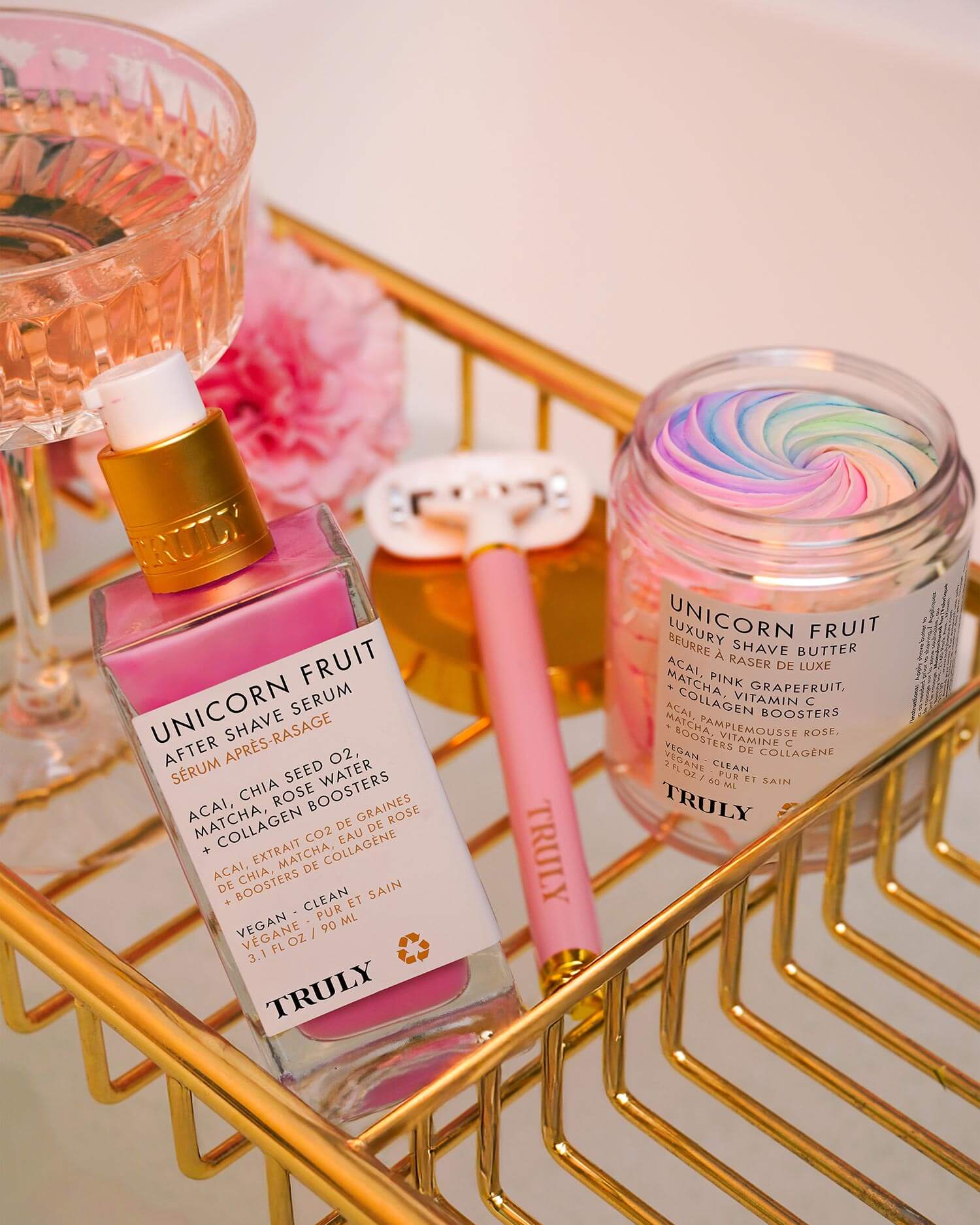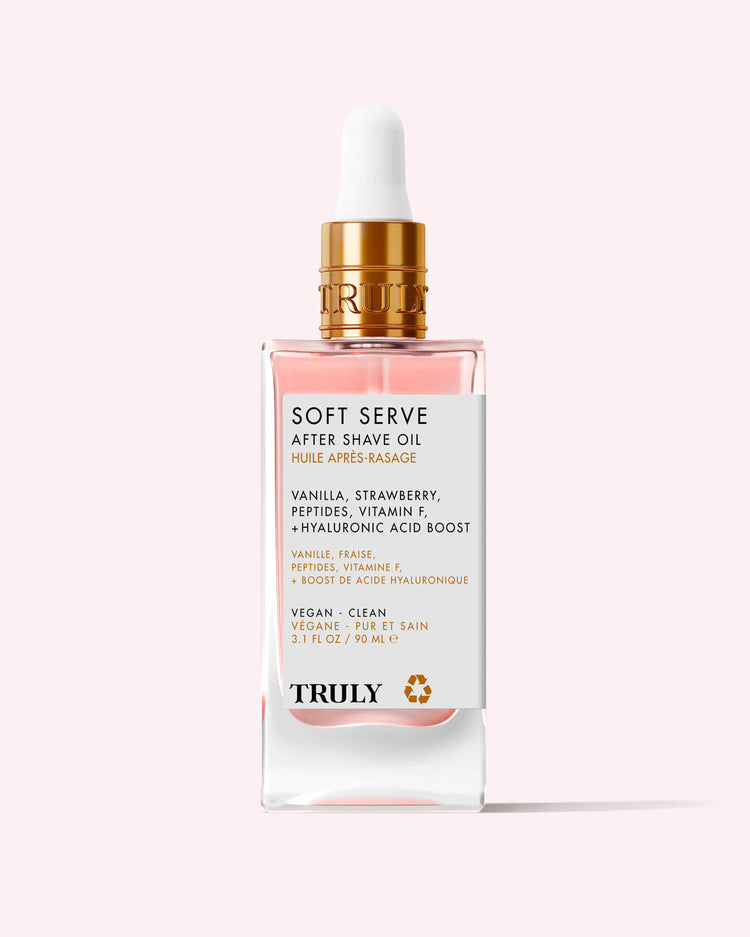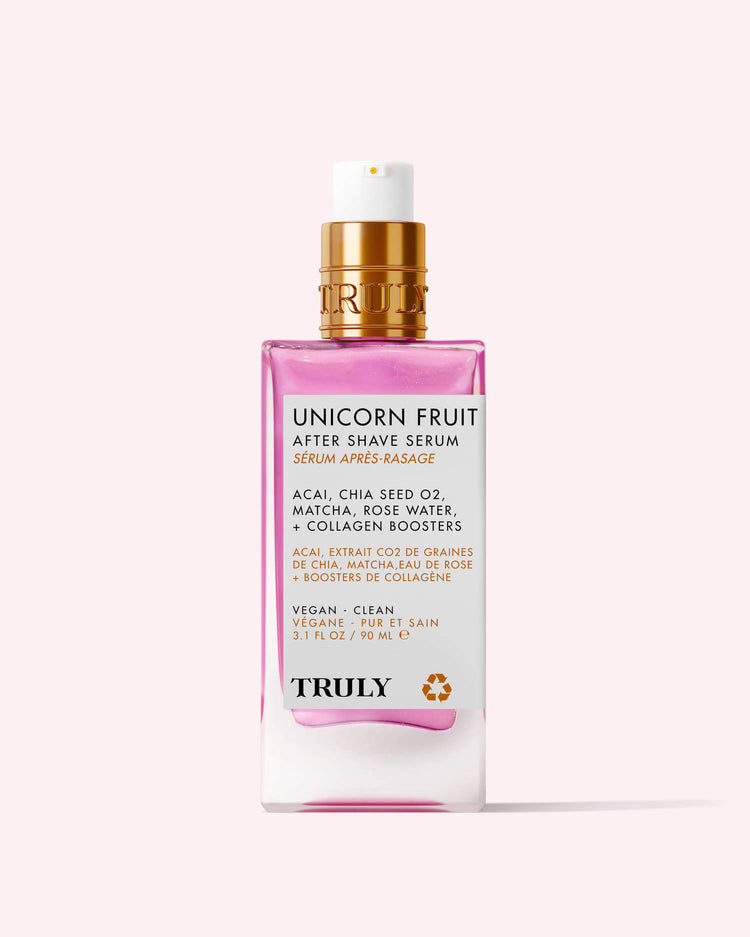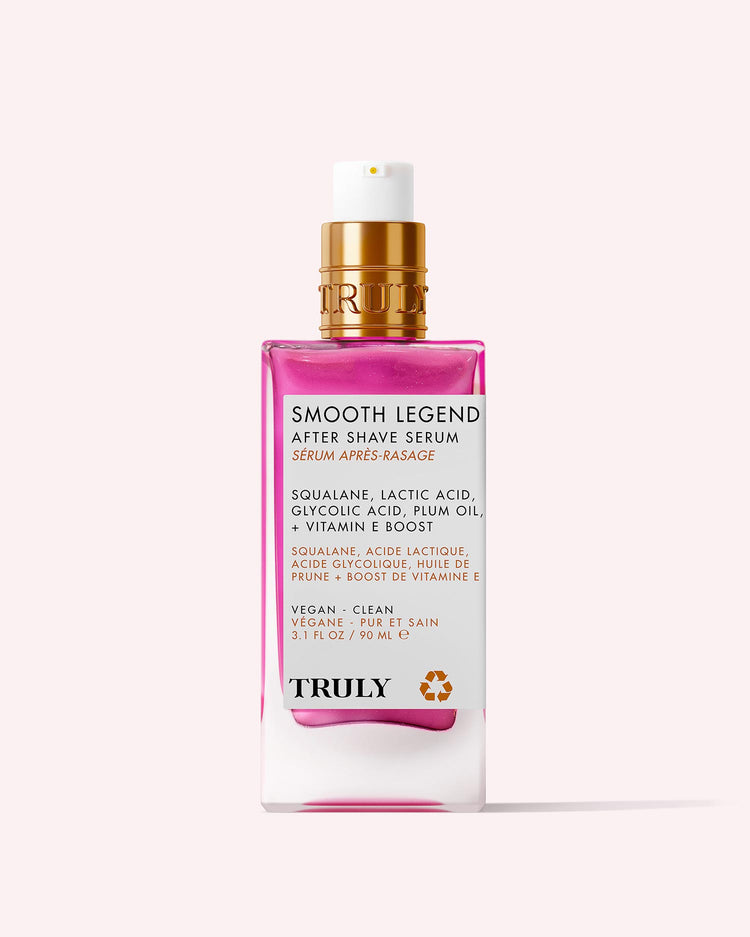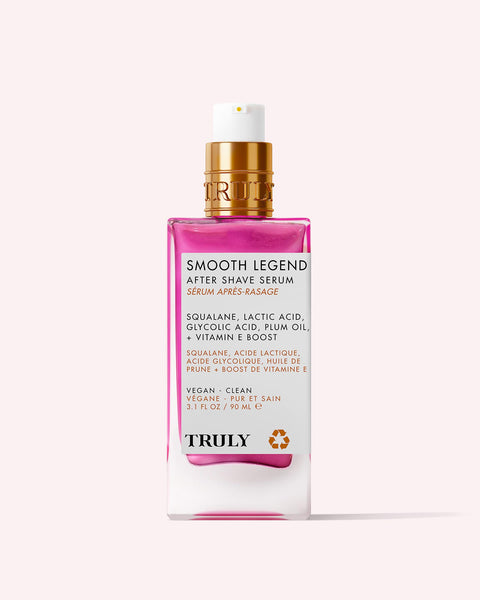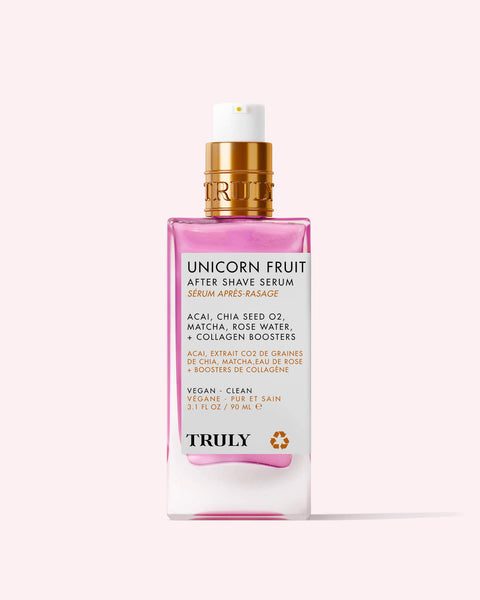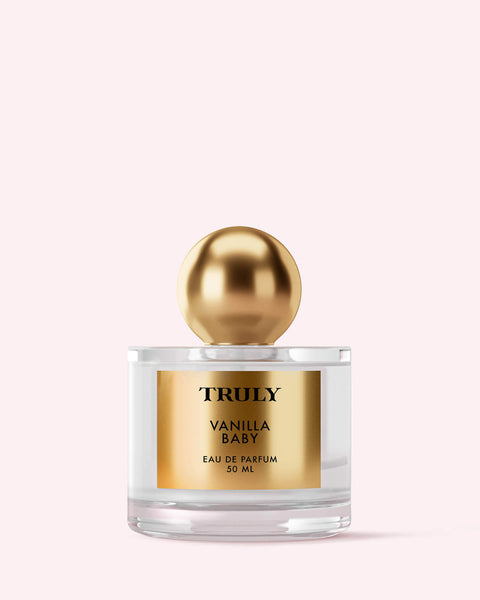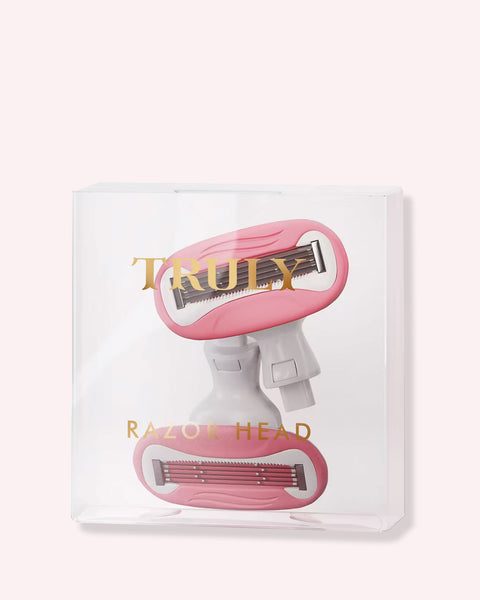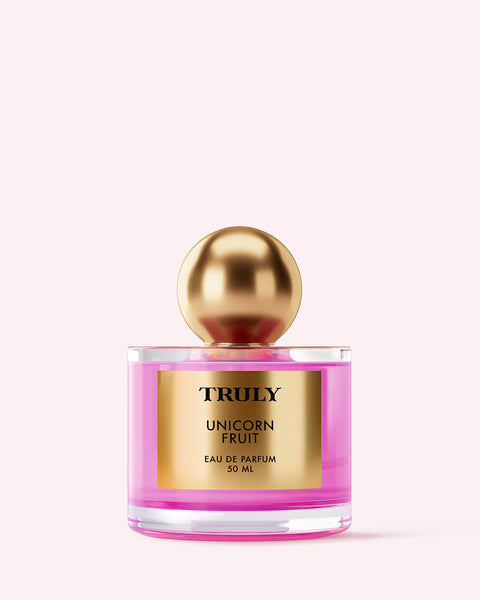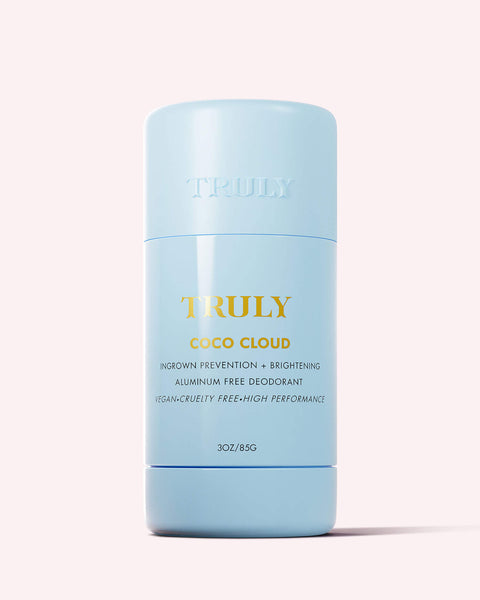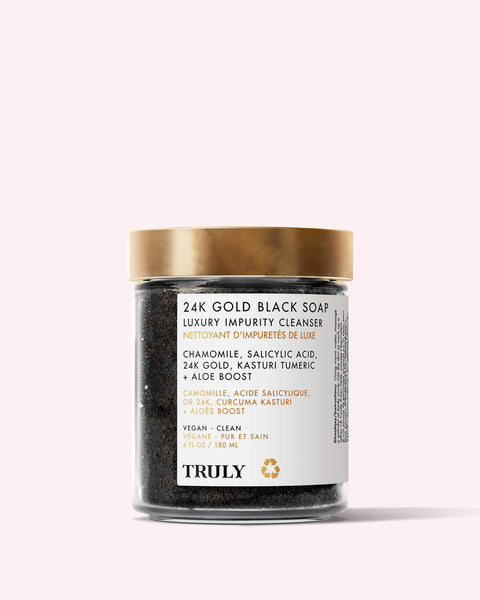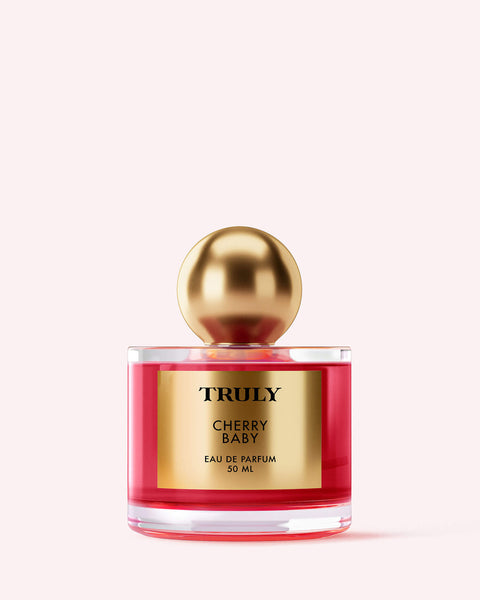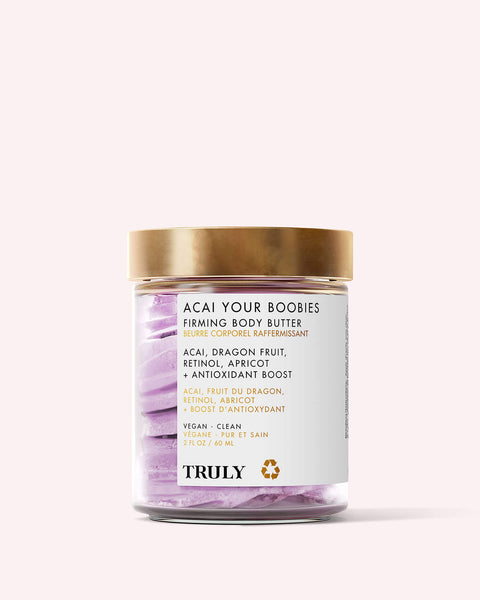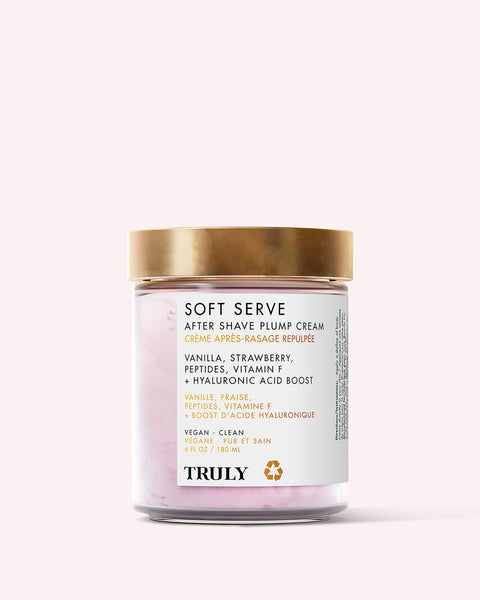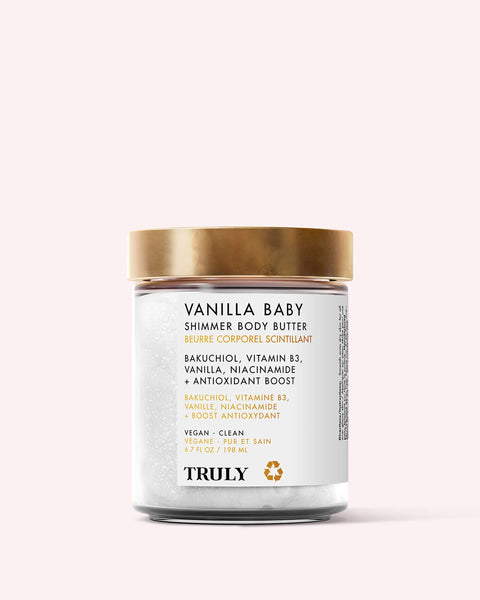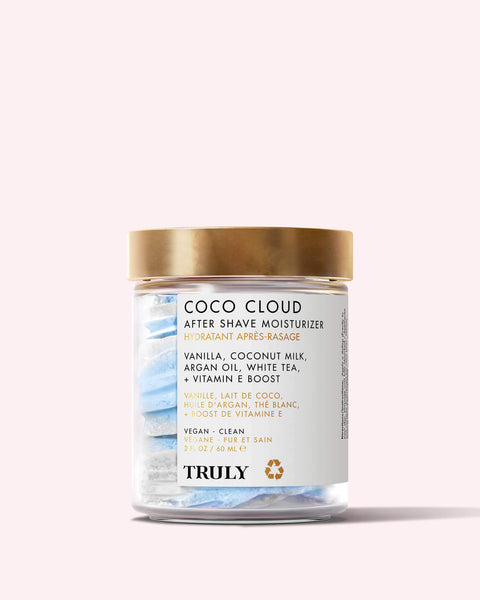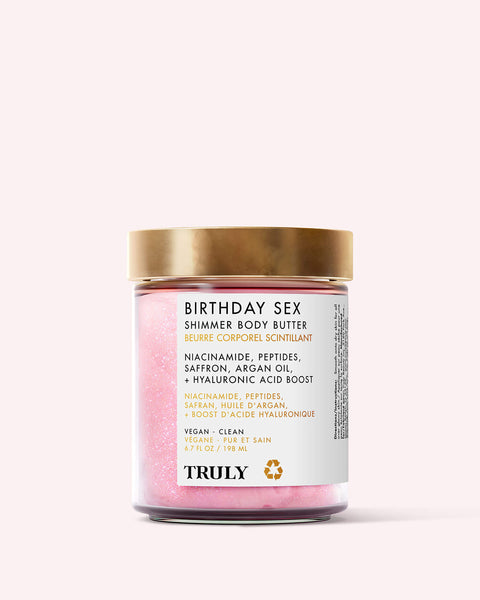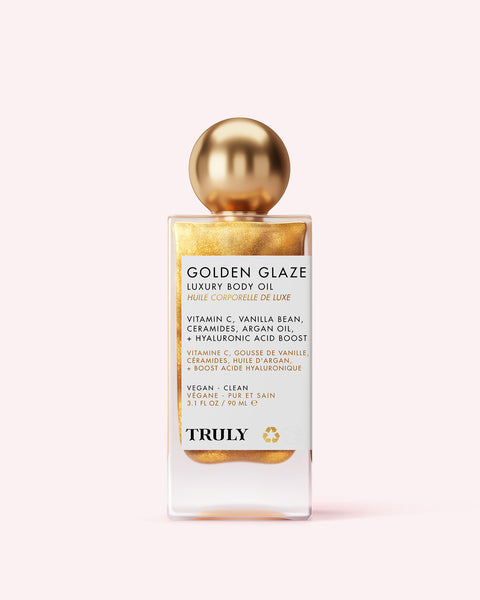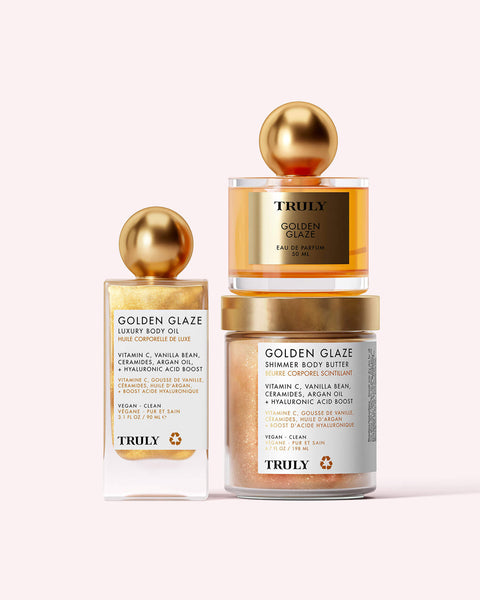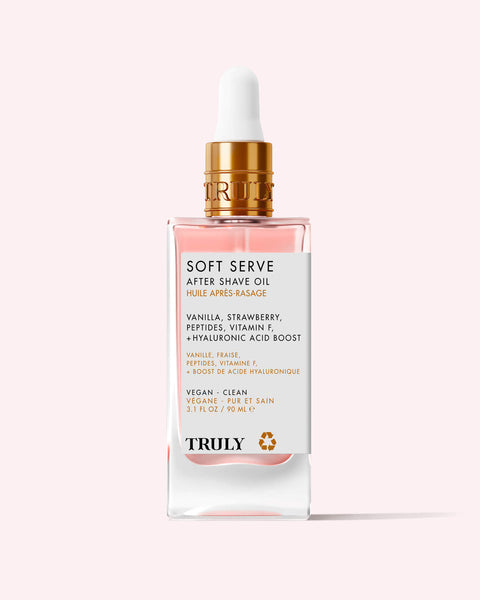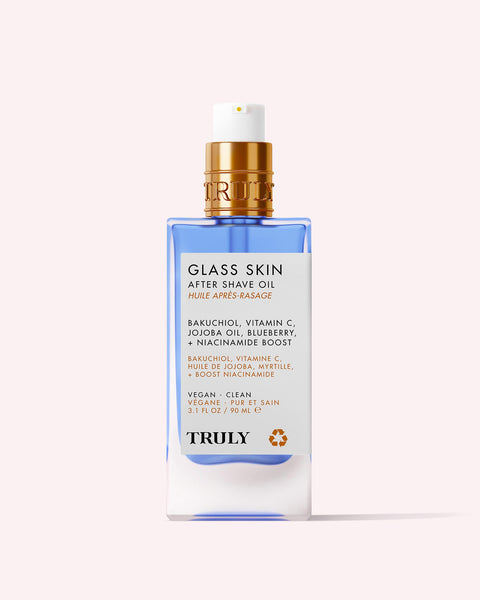Chemical VS Physical Exfoliants: What to Know
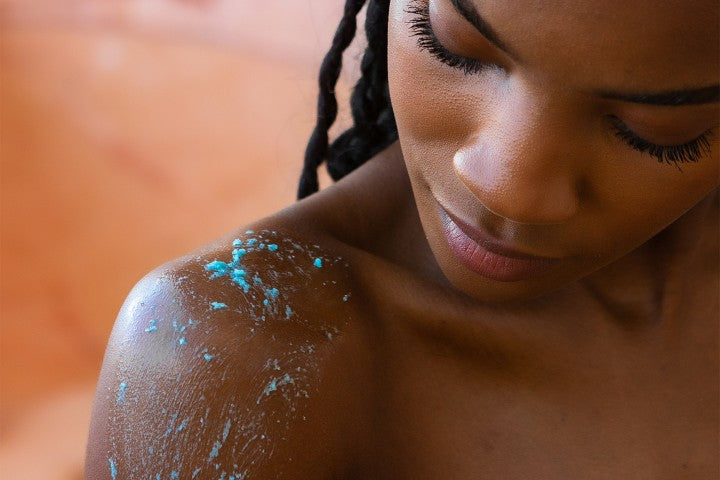
Exfoliating is every derm’s favorite trick for boosting glow, clearing skin, and making your complexion look and feel silkier.
Nowadays, exfoliants on the market come in two forms: physical and chemical. Essentially, they do the same thing – remove dead skin cells from the surface of the skin. But how they do it differs somewhat.
It’s worth getting familiar with the two methods of exfoliation to find out which works best for you and your skin. Heck, you might even benefit from using a combination of both.
Chemical Exfoliation Explained
Chemical exfoliants slough away dead skin cells with the use of acids to boost cell turnover. Besides smoothing, chemical exfoliants are great for brightening your complexion.
This form of exfoliation utilizes alpha hydroxy acids (AHAs) like glycolic acid and beta hydroxy acids (BHAs) like salicylic acid to dissolve dead skin cells without having to scrub them away.
You’ll also find multitasking formulations that blend AHAs and BHAs to firm, brighten, clear, and clarify your complexion.
Try Truly’s CBD Jelly Toning Solution, a product that owes its exfoliating powers to glycolic acid. For a boost of salicylic acid, opt for Truly’s CBD Jelly Anti-Blemish Facial Cleanser instead. Or even better, use them both.
If you’ve got particularly sensitive skin, you may be better off with fruit enzymes like papain and bromelain which comes from papaya and pineapple, as these aren’t nearly as harsh as AHAs or BHAs.
Physical Exfoliation Explained
That scrub you keep in your shower? That’s a physical exfoliant.
Simply speaking, physical exfoliation (or mechanical exfoliation as it’s also known) relies on small grains or a brush to break through build up on the skin.
As effective as scrubs are at ridding your skin of dead skin and improving your glow, you do need to pay attention to what’s inside the product to ensure none of its exfoliating agents are too large. For instance, fruit pits and nut shells are large exfoliants that can cause micro-tears in the skin. Something you definitely want to avoid for the sake of your skin’s health!
Microtears are caused by agents that are too sharp, creating minor tears in the skin.
“If you look under a microscope, looks like sandpaper to wood,” says dermatologist Dr. Dennis Gross. “There are rough, etched tears made to the epidermis which shows the unevenness of physical exfoliation.”
But that doesn’t mean you should avoid physical exfoliation altogether.
Truly’s Blueberry Kush CBD Scrub is a favorite for its fruity scent and ability to deliver smooth, soft, illuminated skin. This sugar-based scrub is gentle enough not to cause tears, but powerful enough to dissolve dead skin cells.
Which One Should You Try?
It’s all down to your personal preference. Both methods of exfoliation work extremely well at softening, brightening, and clearing the skin. It just depends on which technique works best for you.
Chemical exfoliants are more suitable for normal skin types and perhaps not as best for sensitive skin due to their powerful acids. However, provided that you take things slow, they can work equally as effectively for any skin type. They’re also super easy to use and deliver uniform exfoliation to the skin. Chemical exfoliation is particularly useful for aging skin.
Physical exfoliants can be safe and gentle, as long as you choose products with small exfoliating agents that won’t cause micro-tears on the skin. If you’re new to exfoliation as a whole, start with this form as it’s least likely to cause any kind of reaction to the skin.
You could also try using both methods in small doses. For instance, one week physical exfoliation, the next week chemical. It’ll give your skin a nice mix of the two so you can reap the benefits of both.
And don’t forget, exfoliating isn’t just for the face. In fact, the derms recommend exfoliating your skin from head to toe to keep things looking and feeling healthy, smooth, and glowing.
How Often to Use Chemical and Physical Exfoliants?
No doubt, you’ve heard many different answers to this question. Well, we did some digging and found the optimum number for each method.
Chemical exfoliation should only be used once a week to keep things smooth without irritating your skin. Feel free to incorporate an acid serum into your routine two to three nights a week to enhance the effects. But don’t go above that. More is definitely not better when it comes to exfoliation. In the end, you’ll just get red, itchy, flaking skin.
Physical exfoliation can be done a little more frequently – two to three times a week. Once again, don’t go over that number as it may also lead to adverse effects. You’ve probably heard before that once a week is enough for physical exfoliation? Well Dove dermatologist Mona Gohara disagrees.
“We lose 50 million skin cells a day, and if they remain on the skin, it can look dull and dry,” she says. Thus, Gohara recommends exfoliating two to three times a week to achieve radiant skin.
BEST PHYSICAL EXFOLIATORS FOR FACE AND BODY
Truly’s 24k Gold Black Soap Impurity Cleanser
Draw out your impurities with the power of African black soap and charcoal. This 2-in-1 cleanser can be used on the face and body, deeply cleansing it of dirt, grime, and oil for smoother, blemish-free skin. Salicylic acid also lends its exfoliating, dirt-dissolving powers in this formula to deeply cleanse your skin.
Buns of Glowry Polish
Retexturize the skin on your booty using a formulation of watermelon, wheat protein, and jojoba seeds to fade discoloration, fill in fine lines, and exfoliate away blemishes. It’s your go-to pot of gold for a bikini-ready butt this summer!
Acai Your Boobies Polish
Made with a brightening and tightening blend of retinol, acai berry, and dragon fruit, this boob scrub promises to smoothen skin and nips and perk up your pair.
To chemical exfoliate or physical exfoliate? You decide…both are great methods of exfoliation. You just need to figure out which works best for you!
